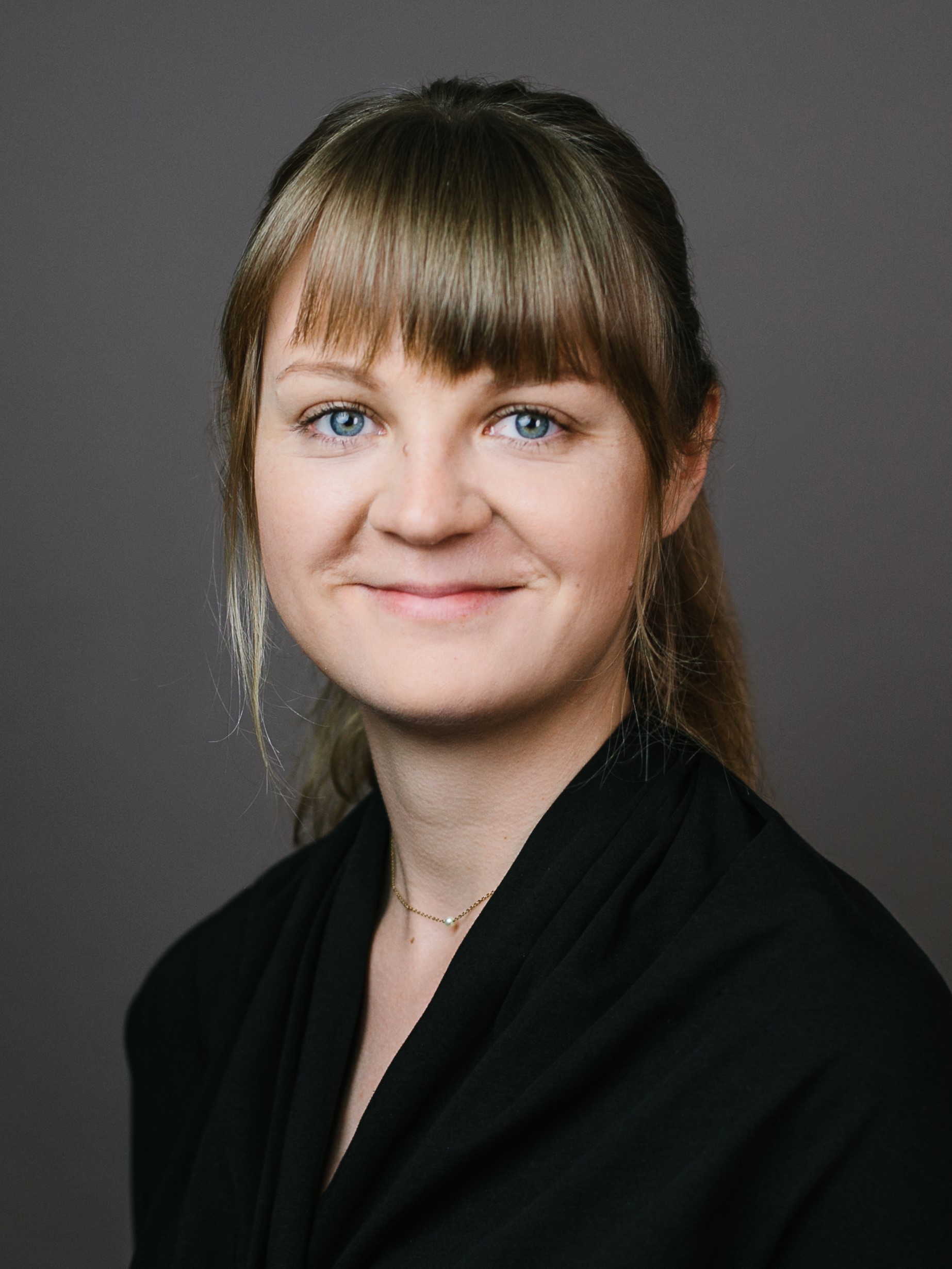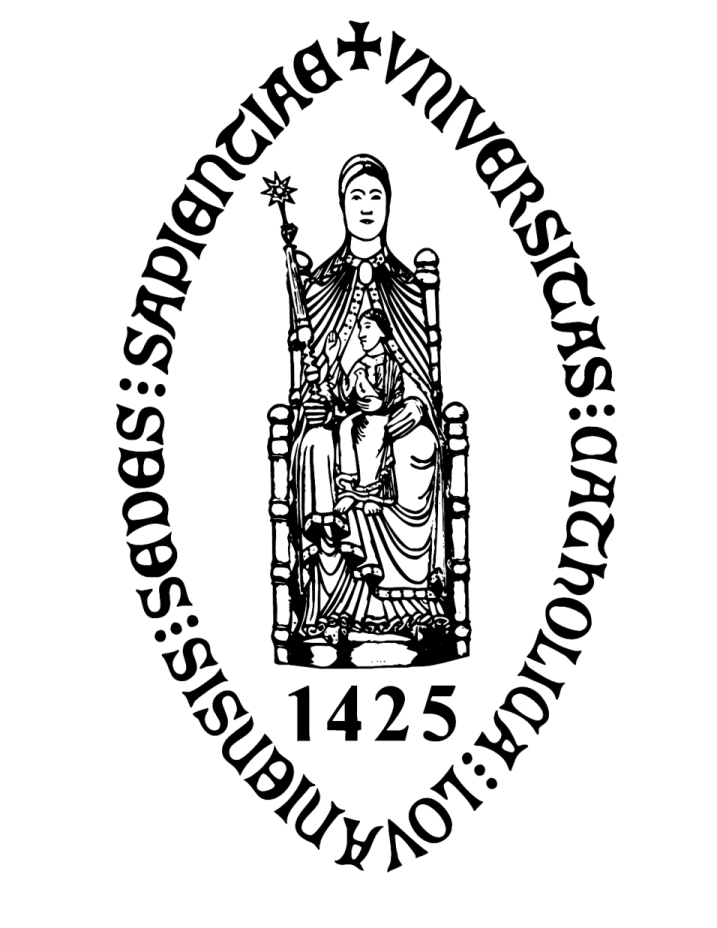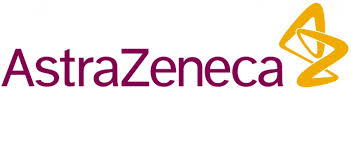
Nationality: Austrian
Research topic: Improved uncertainty quantification of drug-target predictions through the utilization of auxiliary data
Project description: In drug discovery, uncertainty quantification can be a valuable tool that enables cost and risk assessment in decision-making processes. Although large deep neural networks allow highly accurate predictions from large datasets, they often lack the ability to obtain reliable uncertainty estimates. The aim of this project is to improve, extend and combine the benefits of the matrix factorization model Macau and its deep neural network-based successor, the SparseChem model. These new model architectures will allow reliable uncertainty estimation outside the limitations of point estimates while keeping the representation power of deep learning models. Furthermore, auxiliary information beyond molecular fingerprints will be incorporated into the models, including imaging data and expression data for compounds and targets. Ultimately, I aim to develop reliable tools that enable the identification of ligands with the desired bioactivity profile at an early stage in the drug discovery pipeline.
Personal Introduction: Early-stage researcher of the ‘Advanced machine learning for Innovative Drug Discovery’ (AIDD) consortium, focussing on Bayesian approaches for uncertainty quantification in deep neural networks.
During my Master's studies in Drug Discovery and Development at the University of Vienna, I developed an interest in computational approaches for drug design. Seeking additional professional training in statistics, machine learning, and probability theory, I enrolled in a MicroMaster program in Statistics and Data Science at the Massachusetts Institute of Technology (MIT) after obtaining my Master ́s degree. My passion for computer-aided drug development as well as my interest in machine learning and statistics motivated me to apply for the position as doctoral researcher in the AIDD project.
Operating at the interface of pharmaceutical chemistry, pharmacology, probability theory, and computational biology, my education provided me with a set of tools that excellently serve the objectives of my doctoral project. My work aims to develop Bayesian deep neural networks with a focus on reliable uncertainty estimation. Conventional deep neural network architectures are known to be poorly calibrated, leading to unreliable uncertainty estimates that interfere with well-informed decision-making processes. In my project, I will explore approaches to mitigate this problem by developing well-calibrated tools for uncertainty estimation.
In addition, I will collaborate with Ana Sánchez Fernández, who will develop representations of molecules from their chemical structures and corresponding microscopy image data as part of her project. Subsequently, I intend to incorporate these representations into the generated models before assessing their probability calibration.
Contact: Github LinkedIn Twitter GoogleScholar
Presentations at conferences and meetings
- Hannah Rosa Friesacher, Lewis Mervin, Ola Engkvist, Yves Moreau, and Adam Arany. Can we trust probabilities in deep drug activity models? A comparative calibration study. 21st European Conference on Computational Biology. September 15, 2022.
- Friesacher, R gave an online lecture, titled "Understanding Model Uncertainty and Enhancing Probability Calibration in Neural Networks" (October 25th 2023)
Organizations:
Katholieke Universiteit Leuven, Belgium- October 1st, 2021 - March 31, 2023
AstraZeneca AB, Sweden - April 1st, 2021 - September 30, 2024


Secondments:
Johannes Kepler Universität Linz, Austria , March 2023

